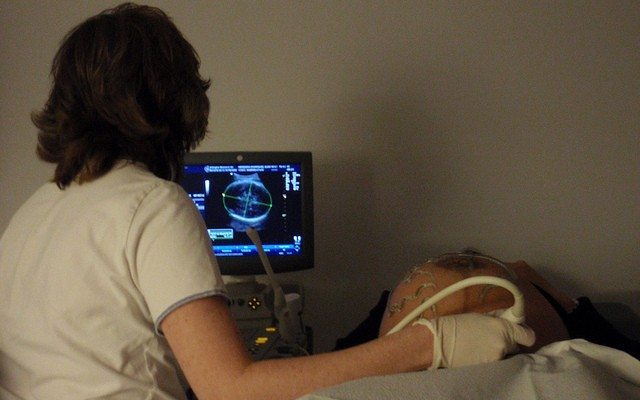 Image courtesy of [Daniel Lobo via Flickr]
Image courtesy of [Daniel Lobo via Flickr]
Society and Culture
People Born Via Assisted Reproduction Can Now Access Medical History
Hey y’all!
Last week lawmakers in Utah passed HB 249, which “allows a person conceived through assisted reproduction access to non-identifying medical history of the donor from the fertility clinic.” This is a huge deal that has gotten zero attention. Maybe a couple of articles in some random news sites; the Salt lake Tribune and USA Today have covered it, but nothing that has grabbed the country’s attention.
I know who both of my biological parents are (they did it the old fashion way), but my dad was adopted and there have been so many questions about his biological parents’ medical history. When filling out any medical forms there are always plenty of questions about my parents’ and grandparents’ medical histories that I sometimes just can’t answer because there isn’t much known on my dad’s side. There is a certain kind of frustration behind that because I could be facing health risks that are passed on genetically without knowing anything about it.
I’m a strong believer that having too much information is better than not having any information at all, especially when it comes to your health!
Utah’s new law gives people a better idea of what they are genetically predisposed to while still maintaining a certain level of anonymity for the donor.
USA Today discusses the lack of interest that legislators have in “assisted reproduction,” claiming that legislators are afraid to get their hands dirty because of the doors that could be opened into a deeper conversation about conception, abortion, and embryos. I know, I know, no one wants to have a continuous debate about those topics because it seems like each side is beating a dead horse, but there is something to be said about the fact that there are children out there who have no idea about one side of their genetic traits.
Currently countries like Canada, the United Kingdom, Germany, and Australia all heavily regulate many areas of reproductive technology, and many scholars around the world claim that the U.S. does not. Like somehow we have allowed this medical venture to fall by the wayside.
In my opinion the government does not need to have its hands in every single cookie jar unless it is completely necessary. There are already enough regulations set by the American Society of Reproductive Medicine, the American Medical Association, and the boards that license every doctor. It isn’t harmful for Utah’s legislature to step in and give people a legal right to know about their medical history. It’s impossible to get any information out of a doctor about someone else’s medical history and this just allows people to know what could possibly be in their future or what could affect their own children.
This legislation does open the door to other issues; donor-conceived offspring could want to have full access to all of the information about their donor. Sometimes people just want to know where they really came from, and sometimes the donor wants to know their offspring.
Sperm banks should do a full work up and have a detailed medical history about the person donating their eggs or sperm. I get that the process is meant to be quick and helpful for those who can not conceive without a little medical intervention, but in all reality it isn’t just sperm and eggs. These pieces of biology become human beings. This is the major process of creating a life. If you are going to create a life you should know all there is to know about the counterpart helping to create it!
I will leave you with a kick ass and somewhat relevant moment from Legally Blonde to lighten the mood!








Comments